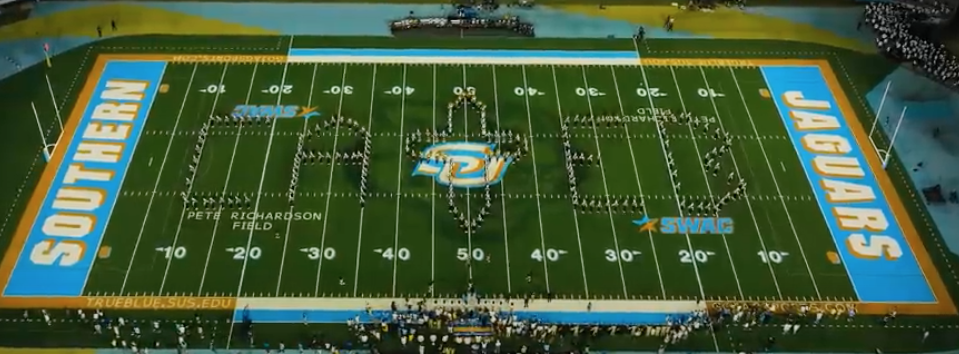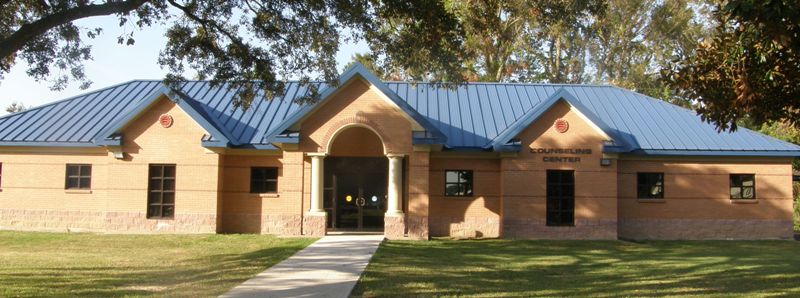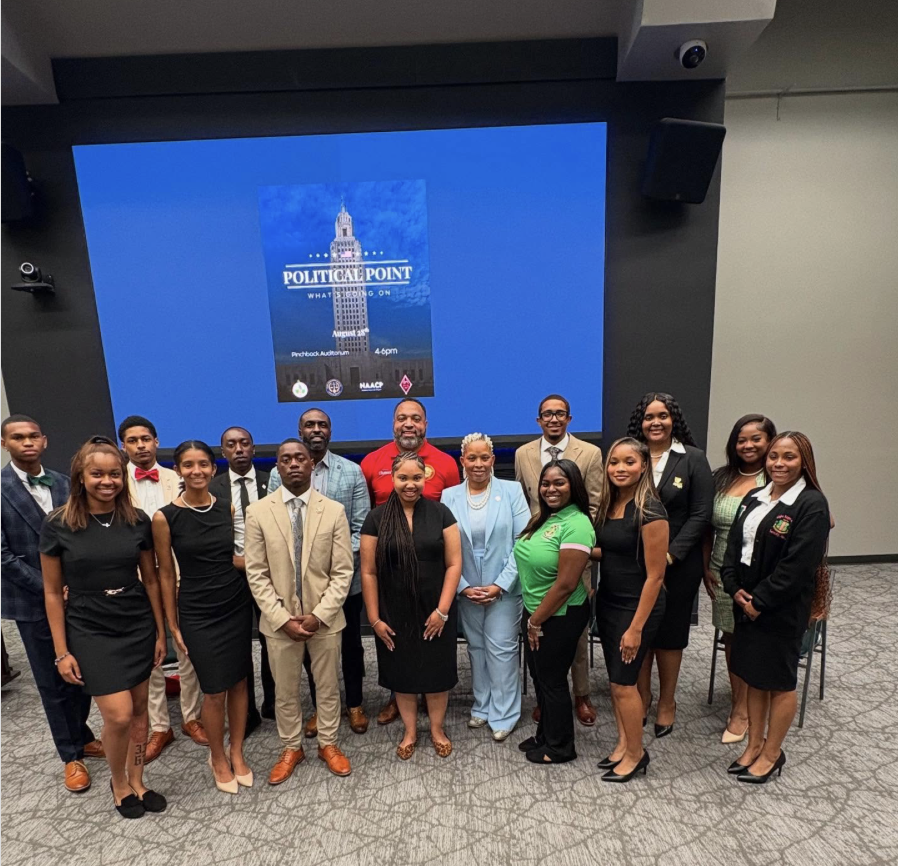Atlanta (Georgia) which is about 520 miles away from Baton Rouge has already instituted bans on the usage of water outdoors because of a major water shortage. The city will soon have to resort to limiting water usage in homes.
Atlanta’s main water source, Lake Lanier, has been quickly drying up because of the exceptional drought that has spread throughout the southeastern portion of the U.S. The National Weather Service considers this condition as the worst drought category.
According to the Atlanta Journal Constitution, an online site specifically for Atlanta news, the situation has escalated to the point where restaurants have been instructed to serve water only at a customer’s request. In addition, there is also a ban on watering lawns.
The U.S. Army Corps of Engineers controls the outflow of water from Lake Lanier, which is also being used to supply water to areas where there is an endangered species of water mussels.
The AJC also explains that despite the water crisis in Atlanta, the Corps will continue to drain Lake Lanier because it’s required by law to do so in order to save endangered species.
In addition to the water shortage, there is nothing the Corps can do about the climate situation either. An Atlanta climatologist predicts that it will take months of rain at a level above normal in order to replenish the water system.
In a drought situation such as this, that amount of rain is not expected; so, the state government and the federal government will have to make some very crucial decisions to determine what actions will be taken to help Atlanta and cities in neighboring states ration their water supply.
Based on articles found in USA Today and on energyrefuge.com, more than half of the world will be living with water shortages and sanitation problems by 2020.
Secretary General of the United Nations, Kofi Annan, mentioned in 2001 that he expected future wars of the century to be waged over water rather than over oil.
Despite the earth being approximately 70 percent water, there is still a water crisis. According to Windows to the Universe, an online reference site, only about three percent of that is actually usable water. Most of the 70 percent is salt water from the oceans, but humans need freshwater for essential activities like drinking and farming.
In a study done by the United States Geological Survey, about 69 percent of freshwater is locked up in glaciers, which are currently melting away into the oceans for various reasons. The remaining freshwater can be found in rivers, swamps and lakes.
In short, freshwater is the key to human survival. It is necessary in order to maintain agricultural production. As a nation that greatly depends on agriculture, we are in a very serious situation.
Unlike Atlanta, officials said Baton Rouge is not currently facing a water shortage, and that Baton Rouge shouldn’t deplete its water supply for centuries.
Daranecia Griffin, a freshman agricultural economics major from Greensburg, stated that she was unaware of the current water crisis. Even after she was informed of the urgency of the situation, she still said that her daily activities wouldn’t change much.
“When I brush my teeth, the water is still going to be running; and when I take a shower, I’m still going to wait until it’s hot,” said Griffin. She did mention, however, that she would try not to pollute as much.
Anyone who is interested in making a difference through water conservation can visit americanwater.com/49ways for a list of ways to help by simply changing a few activities within your household.
Categories:
Atlanta faces severe water crisis, residents asked to limit water usage
October 23, 2007
0
More to Discover





